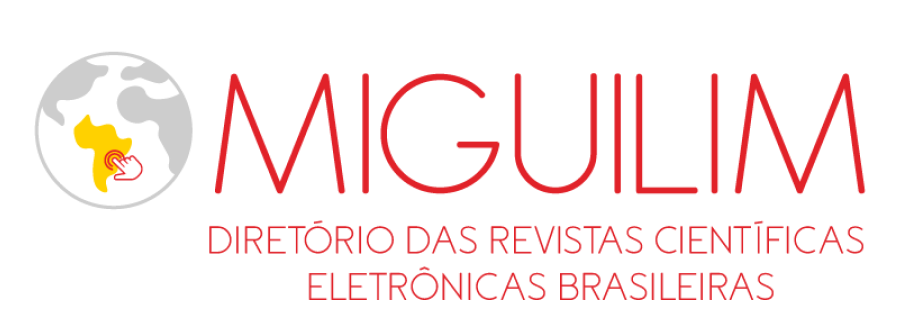Challenges and reflections of COP 28
DOI:
https://doi.org/10.5281/zenodo.14251617Keywords:
GEE, CH4, CO2, data driven, atmosphereAbstract
COP 28, Conference of the Parties on Climate Change, stands out as a crucial event to discuss and address challenges related to greenhouse gases (GHG) in a world increasingly impacted by climate change. GHGs, such as carbon dioxide (CO2), methane (CH4) and nitrous oxide (N2O), are the main drivers of global warming and represent the central concern at COP 28. The need to reduce emissions of these gases is indisputable, and data-driven strategies emerge as fundamental tools for understanding and addressing this complex challenge. Using data-driven analytics enables a more accurate understanding of the sources of GHG emissions, identifying critical areas for action and facilitating the implementation of effective mitigation measures. This study surveys data from COP 28, combining discussions on GHG and data driven approaches, which play a crucial role in formulating policies and making decisions aimed at tackling climate change in an effective and sustainable way.
Downloads
References
ANND, Arab NGO network for development. Arab Civil Society Position Paper On, November, 2023.
Copernicus. Boletim climático de novembro, 2023. Acesso em dezembro de 2023.
https://gml.noaa.gov/ccgg/trends_ch4/ Acesso em dezembro de 2023.
PAINEL INTERGOVERNAMENTAL SOBRE MUDANÇAS CLIMÁTICAS (IPCC), AR5: < https://archive.ipcc.ch/pdf/assessment-report/ar5/syr/SYR_AR5_FINAL_full_wcover.pdf> Acesso em dezembro de 2023.
RAHIMPOUR, M. R.; JAMSHIDNEJAD, Z.; JOKAR, S. M.; GHORBANI, A.; MOHAMMADI, A. H. A comparative study of three different methods for flare gas recovery of Asalooye Gas Refinery. Journal of Natural Gas Science and Engineering. V.4, p.17-28, 2012.
The Guardian. Cop28 president denies on eve of summit he abused his position to sign oil deals. Acesso em dezembro de 2023. https://www.theguardian.com/environment/023/nov/29/cop28-president-denies-on-eve-of-summit-heabused-his-position-to-sign-oil-deals
Thoning, L X K W, Dlugokencky, E J. Trends in globally-averaged CH4, N2O, and SF6 determikned from NOAA Global Monitoring Laboratory measurements. Version 2023-12. https://doi.org/10.15138/P8XG-AA10
UNFCC, Summary of Global Climate Action at COP 28, Global Climate Action, 2023. Acesso em janeiro de 2023. https://unfccc.int/documents/636485
UNFCCC Cop 28, Acesso em Janeiro de 2023. https://www.unep.org/pt-br/events/conference/conferencia-das-nacoes-unidas-sobre-mudanca-do-clima-unfccc-cop-28
Published
How to Cite
Issue
Section
Copyright (c) 2024 Revista Processando o Saber

This work is licensed under a Creative Commons Attribution 4.0 International License.
Os direitos autorais dos artigos publicados pertencem à Revista Processando o Saber e seguem o padrão Creative Commons (CC BY), que permite o remixe, adaptação e criação de obras derivadas do original, mesmo para fins comerciais. As novas obras devem conter menção ao(s) autor(es) nos créditos.























